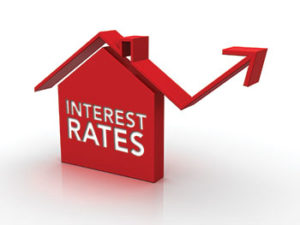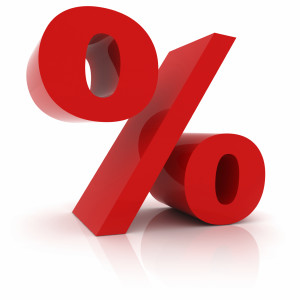 This week’s top story: Smart Money podcast on saving on Disney trips, and self-employed retirement. In other news: How a credit card saved me over $1,100 on a home remodel, 5 times credit card rewards aren’t worth it, and as Fed resumes rate hikes, Chair Powell isn’t ‘optimistic’ yet.
This week’s top story: Smart Money podcast on saving on Disney trips, and self-employed retirement. In other news: How a credit card saved me over $1,100 on a home remodel, 5 times credit card rewards aren’t worth it, and as Fed resumes rate hikes, Chair Powell isn’t ‘optimistic’ yet.
Smart Money Podcast: Saving on Disney Trips, and Self-Employed Retirement
Unlock the magic of making your next Disney vacation more affordable with insider tips from travel Nerd Sally French.
How a Credit Card Saved Me Over $1,100 on a Home Remodel
A ‘triple-threat’ credit card, combined with a high-yield savings account, helped me defray a portion of the project.
5 Times Credit Card Rewards Aren’t Worth It (and 1 Rule Breaker)
Using a rewards credit card for purchases can put money back in your pocket, but not always. Knowing when to pay with cash can result in savings, too.
As Fed Resumes Rate Hikes, Chair Powell Isn’t ‘Optimistic’ — Yet
Still targeting inflation, the Federal Reserve has raised the federal funds rate a quarter of a percentage point to a range of 5.25% to 5.50%.
 Today’s top story: What to do instead of worrying about the Fed’s latest interest hike. Also in the news: Why the Fed wants home buyers to face higher mortgage rates, staying off the beaten path for summer travel deals, and how college-bound grads could exit with nearly $40K in student loan debt.
Today’s top story: What to do instead of worrying about the Fed’s latest interest hike. Also in the news: Why the Fed wants home buyers to face higher mortgage rates, staying off the beaten path for summer travel deals, and how college-bound grads could exit with nearly $40K in student loan debt.
